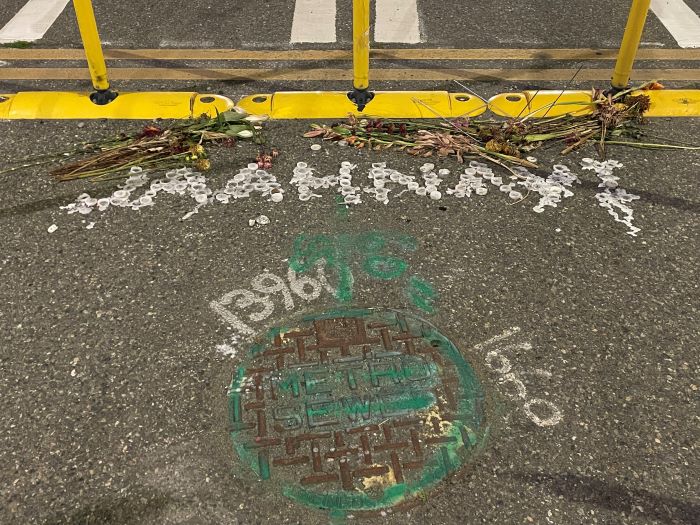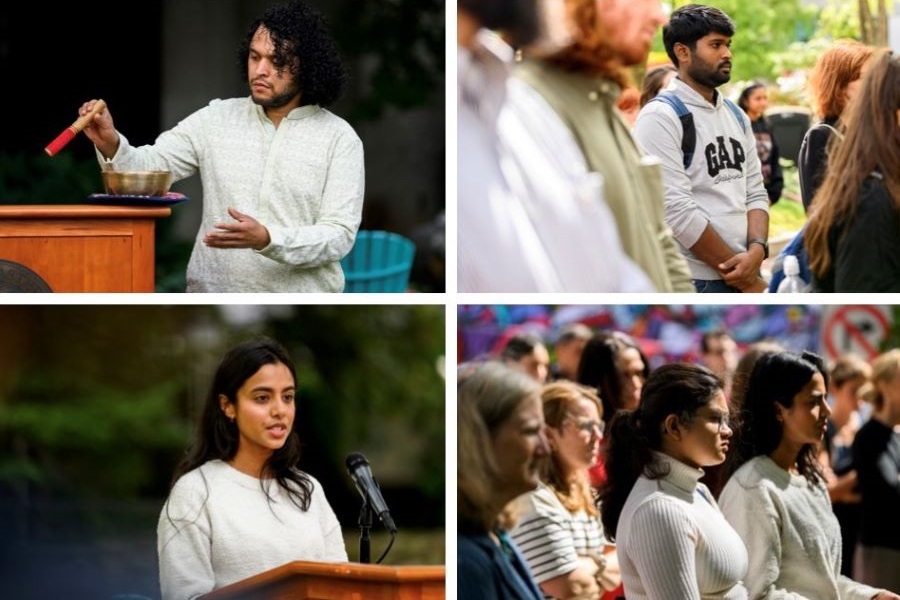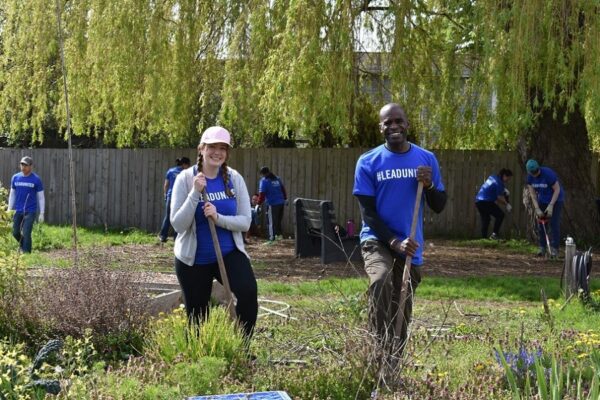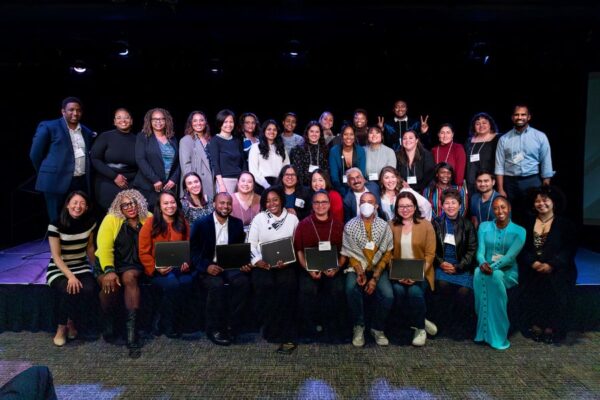No Such Thing As A Life With “Limited Value”
Words matter! Those of us who are dedicated to serving communities should never regard anyone’s life as having “limited value.” That type of verbiage should never cross our minds or leave our mouths. We know better: The more we work side by side with communities, the more we should see ourselves, our children, our grandparents, and our friends among those we serve, and the less we should see “those people over there.”
That is why at United Way of King County, we are appalled at the recent tragic incident involving Jaahnavi Kandula, a 23-year-old graduate student at Northeastern University’s Seattle campus. She was killed when a Seattle law enforcement officer struck her while driving his SUV, reportedly at more than twice the posted speed limit. Jaahnavi was thrown more than 130 feet by the impact of the crash and was later pronounced dead on arrival at the hospital.
One can only imagine the anguish her family in India must be going through, as their relative’s life was suddenly and tragically cut short as she worked to pursue her dreams.
However, what has sparked worldwide condemnation from this story is the aftermath: A Seattle police department officer and vice president of the city’s police union, who was dispatched to the scene to see if the driver involved in the accident had been impaired, was caught on his body camera discussing the incident in exceptionally dehumanizing terms.

The officer laughed while recounting the events to someone on the other end of the call whose comments could not be heard. He commented, “No, it’s a regular person… Just write a check…Eleven thousand dollars…she has limited value.”
At United Way of King County, we are dismayed when members of the police department are caught communicating such hurtful words. We are working side by side with communities to build an equitable future for everyone, so we know the importance of fostering a culture of respect and support. We also know the importance of participating in helping communities feel safe.
We know that people do better and are more inclined to be more compassionate when they feel safe. And this kind of hurtful commentary by leaders of the Seattle Police Officers Guild damages that goal and undermines the trust we place in our local law enforcement.
United Way has for years had police department representation on our board of directors. Currently, we have two such members: Former Seattle Police Chief Carmen Best and current Police Chief Adrian Diaz. We know that police chiefs are out in the community, see and experience a lot, lead the department of first responders, and that we can benefit from their perspective.
Furthermore, we all need to work to diminish the idea that one life has more value than another: It doesn’t matter if the victim is a college graduate or high school drop-out, whether she, he, or they have an impeccable record or a criminal record.
Gordon McHenry, Jr., president and CEO, United Way of King County
I spoke with Police Chief Diaz this week about the incident. He affirmed his department’s goals, including building trust, reducing crime, and practicing relational policing, where policing is based on trusted relationships. Chief Diaz discussed the importance of cultural wellness, which involves respecting the diverse cultures in our community, as well as addressing the trauma and stress that law enforcement face in their daily work.
We laud Chief Diaz’s leadership and commitment to leading a culture change within the department. In tragic situations like this, we all need to call out dehumanizing comments and behavior from public servants of all walks of life and all backgrounds when they occur—without reticence or trepidation.
Furthermore, we all need to work to diminish the idea that one life has more value than another: It doesn’t matter if the victim is a college graduate or high school drop-out, whether she, he, or they have an impeccable record or a criminal record. Those of us who work as public servants—especially those in positions of power and authority—must strive to do our work without prejudice or preconceived notions.
The officer who made these repulsive comments insisted that he was not being insensitive but instead was imitating a lawyer investigating the case. Imagine if you were a lawyer who needed such a law enforcement officer to protect and serve you at that moment. You want to be able to call a police officer because they have the primary duty in issues where a crime has been committed or you’re concerned about a crime. We shouldn’t have to wonder about the character or the results when we seek support from law enforcement.
We take offense at that type of jocular, judgmental language. We firmly believe that what people fundamentally want is a sense of belonging and to be safe as they go about their lives. Law enforcement has a role in supporting this concept of safety. What alarms us most at United Way is this language, no matter how you try to explain it, grievously undermines trust in the Seattle Police Department.
No doubt, we all have biases, but none should cloud our capacity to call out this moment for what it is: A tragic loss of life at a very young age that will have a permanent, devastating impact on this young woman’s family and friends.
At United Way, we are deeply concerned that this incident represents a setback in terms of law enforcement-community relations. For generations, people of color have harbored mistrust of those mandated to serve and protect all people. It creates, for so many of us, uncertainty, doubt, and fear once again. Our region must be a place where all people feel safe, where compassion in action for others is the norm, and where justice exists for all. We can and must do better.





Comments